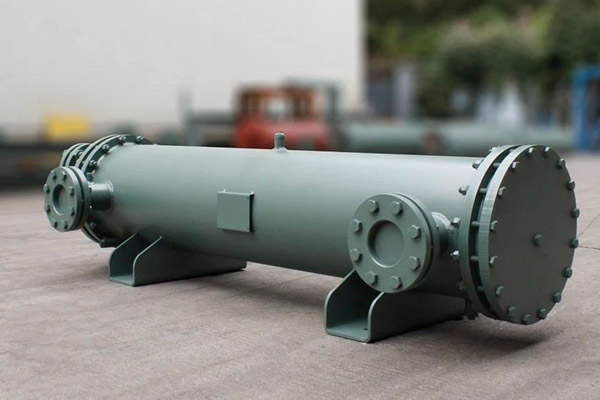In the food processing industry, the choice of equipment material directly impacts the safety of products and the hygiene standards of production processes. Stainless steel heat exchangers, known for their excellent corrosion resistance, easy-to-clean surfaces, and sanitary properties, have become indispensable in food factories. But is it really necessary for food factories to use all-stainless steel heat exchangers?
Why Stainless Steel Heat Exchangers Are Essential in Food Processing
1. Ensuring Food Safety:
Food safety is paramount in food processing. Stainless steel heat exchangers have smooth surfaces that resist the buildup of bacteria and contaminants, effectively preventing food contamination. Their corrosion-resistant nature ensures that they do not react with acidic or alkaline substances, preserving the quality of the food. Additionally, stainless steel’s high-temperature resistance allows the heat exchanger to endure high-temperature sterilization processes, ensuring long-term stable operation.2. Efficiency and Cost-Effectiveness:
Stainless steel heat exchangers are easy to clean and maintain, which reduces operational costs for food factories. The non-adhesive properties of stainless steel make the cleaning process more efficient, reducing the use of cleaning agents and cleaning time. Moreover, the durability of stainless steel reduces wear and tear on the equipment, extending its lifespan and lowering the costs associated with frequent equipment replacements.3. Enhancing Brand Image and Competitiveness:
Using all-stainless steel heat exchangers helps food factories enhance their brand image and market competitiveness. As consumers become increasingly concerned about food safety and quality, adopting high-standard materials in production equipment serves as a strong testament to a company's commitment to food safety. This not only builds consumer trust but also helps meet the increasingly stringent food safety regulations, laying a solid foundation for the company’s long-term success.The Conclusion: A Necessary Investment
The use of all-stainless steel heat exchangers in food factories is indeed necessary. They safeguard food hygiene, simplify cleaning and maintenance tasks, and enhance a company's brand image and competitiveness. In the pursuit of high quality and efficiency in the modern food processing industry, stainless steel heat exchangers are undoubtedly a recommended choice.If you would like to learn more about our products or have any questions, please feel free to contact us. We look forward to providing you with professional consultation and solutions! You can reach us via email at maychow@hstars.com.cn.

评论
发表评论